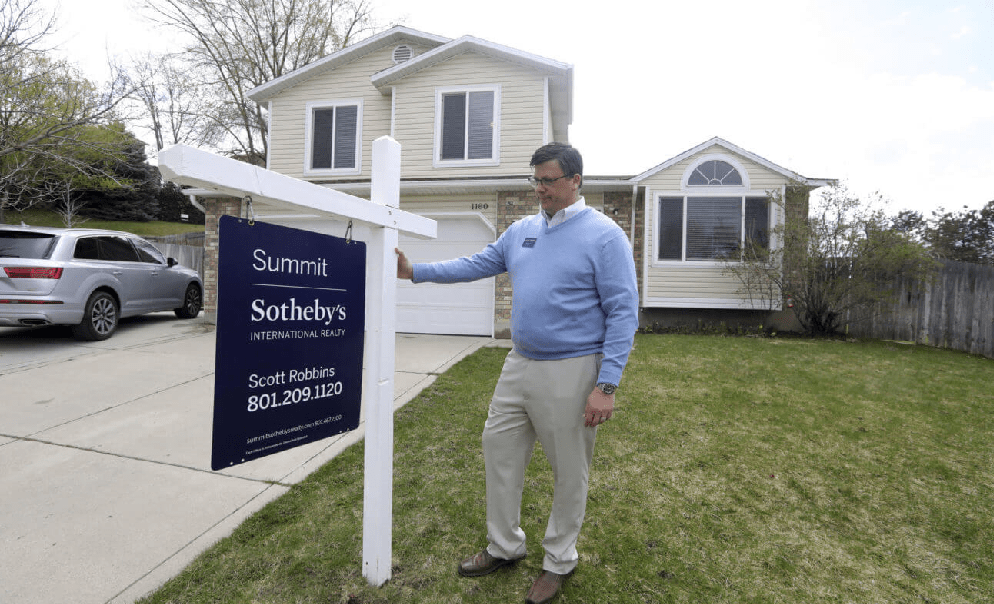Housing Market Indicators Suggest Recession Could Pump House Prices
May 25, 2020 @ 19:45 +03:00
Home prices are likely to experience upward pressure later in the year, as U.S. housing market data indicate an approaching drop in supply.
New housing starts fell to their lowest level in five years in April, signaling a coming drop in the housing supply. Meanwhile, fixed mortgage rates have hit an all-time low, indicating that people who take advantage of low rates now will be unwilling to move when fixed rates have risen.
In other words, despite a likely short-term knock on house prices, homebuyers may find that the economic downturn reduces the supply of new homes. And as with the Great Recession, a long-term fall in homebuilding may push prices up in the long term.
The U.S. housing market is sowing the seeds of a future price pump. In April, housebuilding plunged 30.2% to a five-year low. Permits for future construction dived 20.8% to roughly 1 million units.
Both falls mean there will be a reduction in new houses coming on to the housing market. Given that it takes around six months to complete a single-family house, this suggests there will be a significant reduction in new homes for sale from around October.
Because of the compound effect of falling house starts–delayed starts now mean you won’t be able to begin the next batch on time–April’s drop is likely to have longer-term ramifications. The compounded reduction in supply will inevitably push home values higher.
Another factor that will push home prices higher is extremely low mortgage rates. In fact, U.S. mortgage rates have been hitting all-time lows for several weeks now. On April 30, the average for 30-year fixed-rate mortgages hit 3.23%. On May 15, this average dropped to 3.09%. That said, some lenders are pushing as low as 2.75%.
Housing Market Indicators Suggest Recession Could Pump House Prices, CCN, May 25







